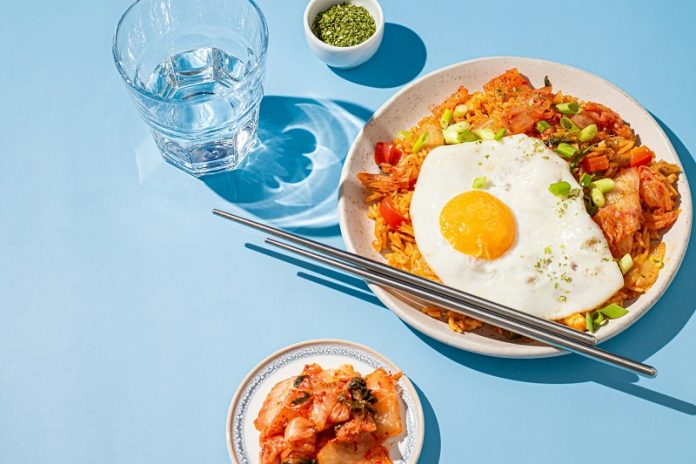
A large study by researchers at the University of Oxford has found that what we eat can strongly affect our chances of getting colorectal cancer.
The research, published in Nature Communications, looked at the diets of more than half a million women in the UK over a period of about 17 years.
Colorectal cancer is the third most common cancer in the world. In 2022, there were nearly 2 million new cases. It is especially common in high-income countries, but the number of cases is rising in other parts of the world too. This increase may be due to changes in diet and lifestyle, which means that the disease can be affected by the choices we make.
The researchers studied 542,778 women who answered detailed questions about their eating habits as part of the Million Women Study. They tracked 97 different foods and nutrients to see how they influenced cancer risk. They also used genetic information to learn more about how certain foods might lead to cancer.
They found that eating red and processed meats or drinking alcohol raised the risk of colorectal cancer. For every 20 grams of alcohol a person drank each day—about two drinks—the risk went up by 15%. Eating just one slice of bacon or 30 grams of red or processed meat a day increased the risk by 8%.
On the other hand, some foods helped lower the risk. Drinking one glass of milk a day (300 milligrams of calcium) reduced the risk by 17%. Dairy foods like milk and yogurt seem to help because they are high in calcium.
Whole grains also helped: eating just half a slice of whole wheat bread (20 grams of whole grains) lowered the risk by 10%. A bowl of breakfast cereal (40 grams) cut the risk by 7%.
Fruits and vegetables were also important. Eating an apple a day (which gives 5 grams of fiber) lowered the risk by 8%. A cup of fruit (200 grams) cut the risk by 10%.
Leafy greens, which provide folate, helped too—100 micrograms of folate each day lowered the risk by 12%. Getting enough vitamin C (100 milligrams, about the amount in one orange) lowered the risk by 10%.
The study also looked at people with genes linked to drinking more milk. These people had a 40% lower risk of colorectal cancer for every 200 grams of milk they drank each day. This shows that calcium might be especially helpful in protecting against the disease, possibly by neutralizing harmful substances in the gut.
The researchers said that while their findings are strong, it is hard to separate the effects of diet from other healthy habits. People who eat well often also exercise, avoid smoking, and take care of their health in other ways.
They also said more studies are needed to understand the long-term effects of calcium and whether it is safe to consume large amounts.
Still, this study supports the idea that diet matters when it comes to preventing colorectal cancer. To lower your risk, you can limit alcohol and processed meats, eat more dairy, whole grains, fruits, and vegetables, and make sure you get enough vitamin C and folate. Even small changes in what you eat could help protect your health.
For more information about cancer, please see recent studies about the link between dairy food and certain cancers and this common food chemicals may cause cancer.
For more information about cancer, please see recent studies that plant-based diets may reduce risk of colorectal cancer in men, and Low-fat diet may help stop cancer growth.
Copyright © 2025 Knowridge Science Report. All rights reserved.



